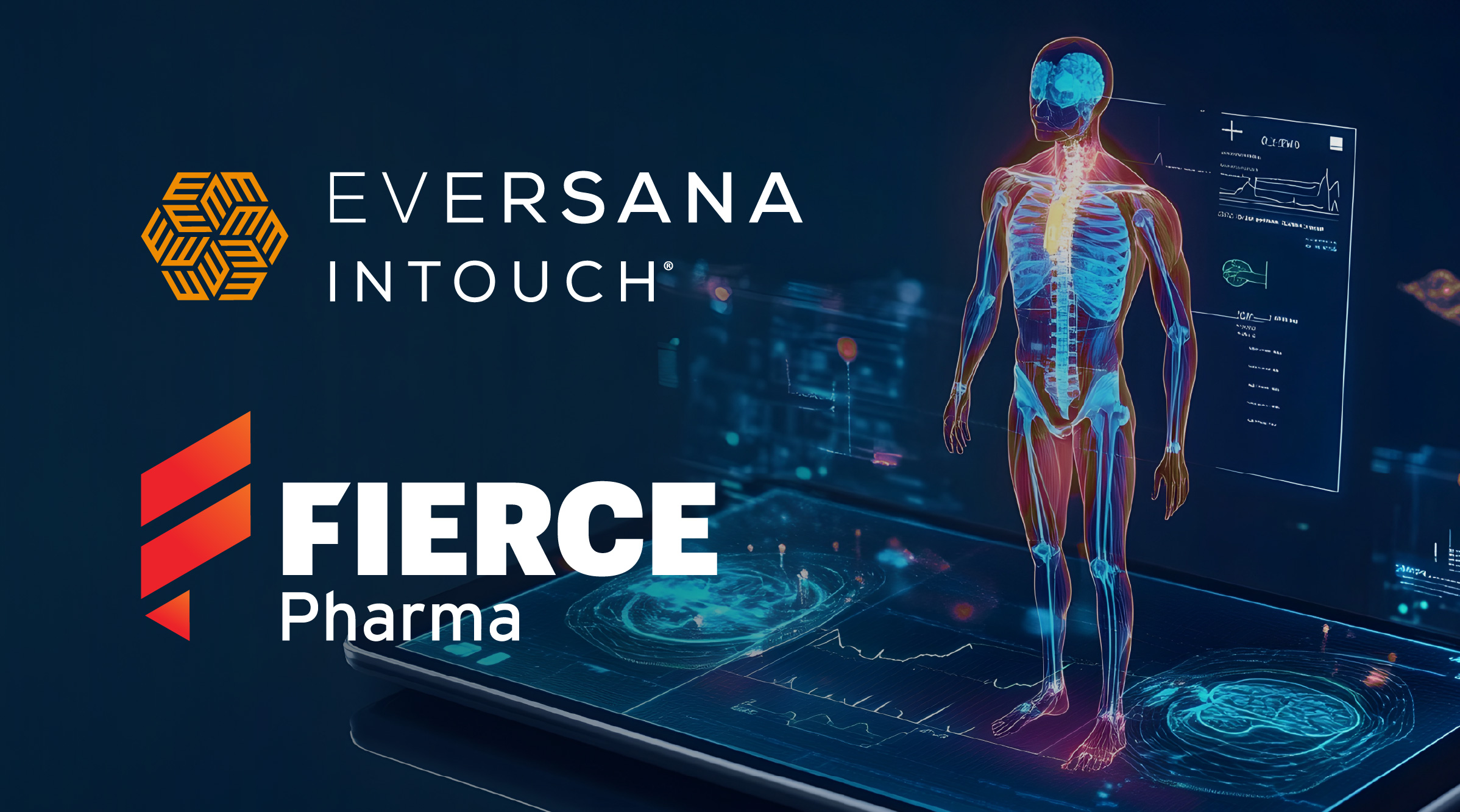What do patients really want from their digital health experiences? At Fierce Pharma Week 2025, industry leaders tackled this question head-on. Dan Gandor, EVP, Head of Omnichannel & Digital Transformation, delivered a compelling vision for the future, one that places patient needs and expectations at the heart of innovation.
Backed by fresh survey data and real-world innovations, a panel of industry experts decoded the evolving expectations of healthcare consumers and challenged pharma marketers to move beyond traditional approaches.
His insights offer a roadmap for creating digital experiences that resonate deeply with today’s patients.
Here’s how marketers can exceed patient expectations in six essential ways:
- Know Thy Customer
Personalization starts with understanding. To create meaningful digital health experiences, organizations must actively listen and gather real-time data that reflects human needs, behaviors, and challenges. It’s not just about analytics, it’s about empathy-driven insights that reveal what matters most to patients. Notably, 82% of patients feel comfortable sharing their medical information to receive personalized health messages.
Patients don’t want to feel like just another number. That’s why concierge medicine and virtual-first models are gaining traction because they offer tailored experiences where patients feel known, heard, and cared for. - Context and Relevance Matter
Effective personalization means understanding not just who the patient is, but where they are in their journey and how they’re engaging. Survey results show that 62% of patients seek condition-specific information in a healthcare provider setting, compared to 41% on search engines and just 11% on social media.
A message that feels supportive in a patient portal might seem intrusive in a social feed. Patients aren’t asking for more messages; they’re asking for the right ones. The goal is to surface the one message that truly matters in the moment, not overwhelm them with noise. - Build Trust Through Transparency
Personalization only works when patients feel safe and understood. Pharma marketers must be transparent about why they’re personalizing, such as saying, “because you’ve told us affordability matters to you.” This turns personalization into a helpful service, not surveillance.
The rise of influencers and creators is also gaining importance in healthcare marketing. Their built-in authenticity and trusted audiences are primed for personalized messaging, helping brands build credibility and trust. - Human + Machine: The Power of Empathetic AI
AI can scale personalization like never before, but it must be guided by empathy. The winning formula pairs technology’s efficiency with human insight, allowing machines to handle the heavy lifting while people ensure the experience remains compassionate, credible, and deeply human. - Real-Time Insights
Digital tools are transforming healthcare. 75% of patients said these tools improve their healthcare experience. Wearables and continuous monitoring devices (e.g., blood glucose monitors, Apple Watches, and Oura Rings) are now mainstream. Patients want data that helps them understand their health in real time, whether for chronic conditions or performance tracking. - Education Drives Adherence When It’s Clear, Human-Centered, and Accessible
Patients need more than information, they need guidance that’s clear, human, and actionable. Over 90% of patients said they’re more empowered to follow through with treatment if they understand how it works, why it’s important, know they can afford it, and have easy-to-follow instructions.
Education also removes barriers: by highlighting affordability programs and support resources, marketers can help ensure cost isn’t the reason patients drop off. Most importantly, education must be delivered through trusted channels — whether that’s a patient portal, healthcare provider, or advocate — so it feels credible and personalized. 95% of patients said information in the portal is trustworthy, and 67% agreed it’s a good place for health brand ads.
“Adherence improves when education makes treatment understandable, affordable and doable in the places patients already trust.” – Dan Gandor
At its core, great personalization is about listening with intention, responding with relevance, and balancing scalable technology with human empathy. As the life sciences industry continues to embrace digital transformation, patients are asking for transparency, tailored experiences, and meaningful support, and they’re rewarding the brands that deliver.
The mandate for pharma marketers is clear: tune in to what patients truly want, and build digital health experiences that empower, educate and connect in ways that exceed expectations.

